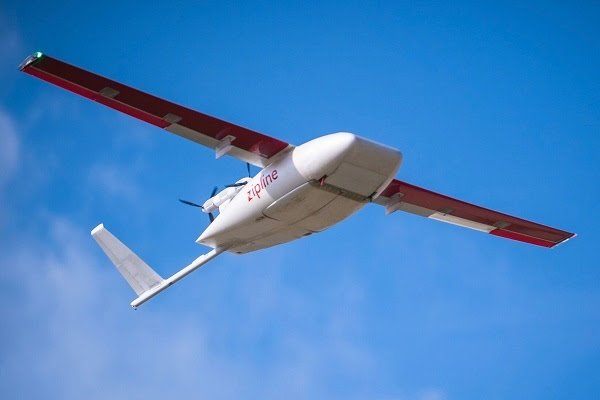Final rules took effect on April 21st for remotely identifying drones and allowing operators of small drones to fly over people and at night under certain conditions.
U.S. Secretary of Transportation Pete Buttigieg said the Department looks forward to working with stakeholders to ensure that our UAS policies keep pace with innovation, ensure the safety and security of our communities, and foster the economic competitiveness of our country.
“Drones can provide virtually limitless benefits, and these new rules will ensure these important operations can grow safely and securely,” said FAA Administrator Steve Dickson. “The FAA will continue to work closely with other Department of Transportation offices and stakeholders from across the drone community to take meaningful steps to integrate emerging technologies that safely support increased opportunities for more complex drone use.”
The Remote Identification (Remote ID) rule provides for identifying drones in flight and the location of their control stations, reducing the risk of them interfering with other aircraft or posing a risk to people and property on the ground. The rule provides crucial information to our national security and law enforcement partners and other agencies charged with ensuring public safety. It applies to all drones that require FAA registration.
The Operations Over People rule applies to pilots who fly under Part 107 of the Federal Aviation Regulations. Under this rule, the ability to fly over people and over moving vehicles varies depending on the level of risk (PDF) a small drone poses to people on the ground. Additionally, this rule allows operations at night under certain conditions provided pilots complete certain training or pass knowledge tests.
The public can review both the Remote ID (PDF) and Operations Over People Rule (PDF) in the Federal Register.




